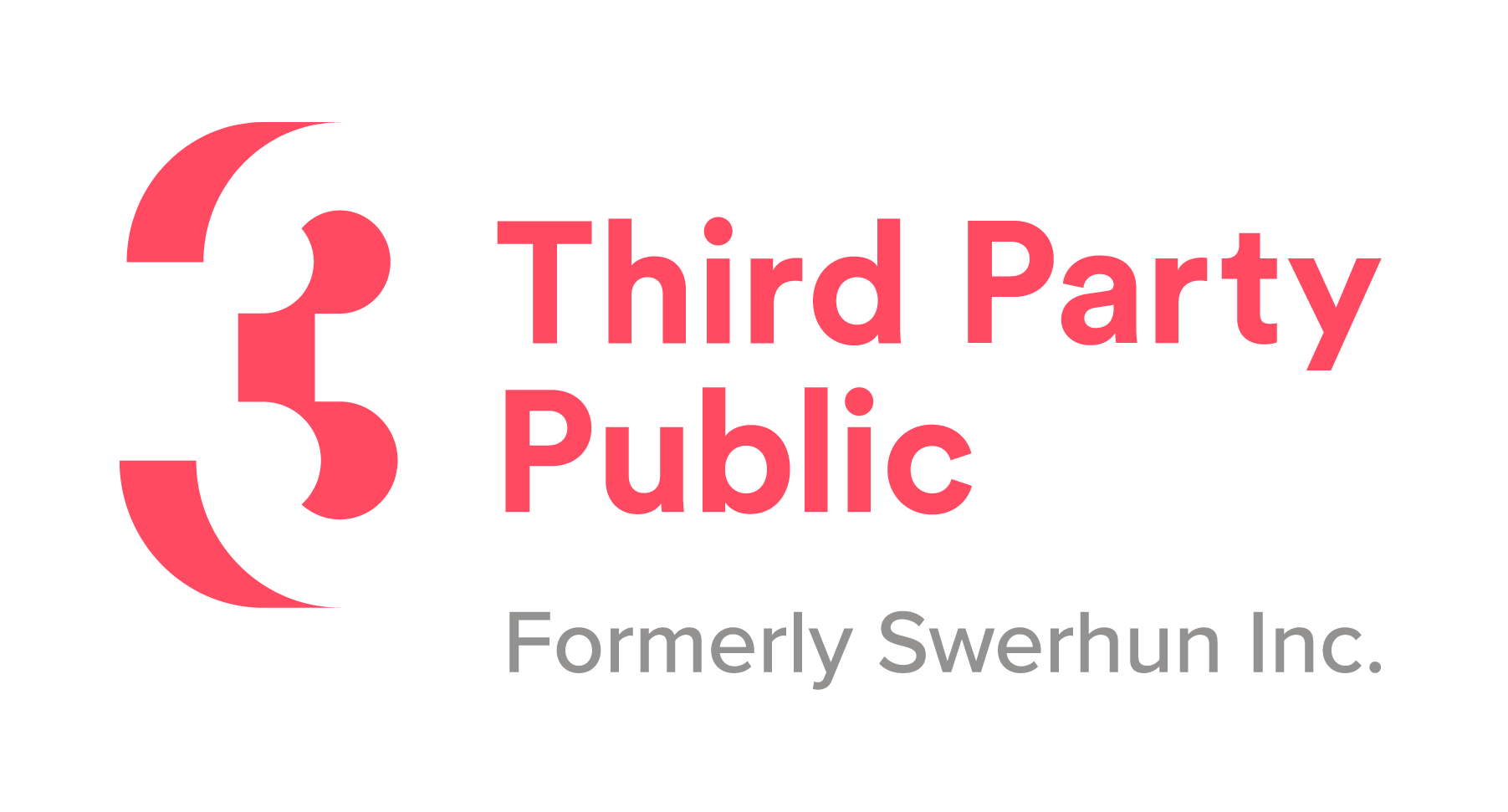CREATING A BIG TENT
STRATEGY 2
What it is:
The term Big Tent is intended to reflect the number of people and diversity of interests that are welcome to a consultation process. Strong processes are open to anybody who wants to participate.
Why does it matter?
When you are working in the public interest every perspective matters. It is important to be as inclusive as possible, and people will look to see if your process includes participants with a balanced and diverse set of interests. This makes one of the important contributions to the legitimacy of your process.
By having a rich and diverse mix of stakeholders, you are demonstrating that there a number of perspectives that need to be considered by a range of interests that look at a project through different “lenses”. This also helps reinforce the fact that it’s not just what any one stakeholder says that goes.
When you have a full understanding of who will support or thwart your project, you know what you’re working with. You are in a stronger position to maintain and build support, and to proactively manage or address concerns.
Players can contribute technical expertise. They can help compile the facts, whether because of their professional training, their hands-on-experience, their internet research, or any other source of knowledge.
Every participant is a potential future advocate and supporter.
Examples of how it matters:
A large public school board was struggling to keep pools open in their schools due to high maintenance costs and limited funding. An aquatic summit was held and anyone interested in helping keeping pools open in the schools was invited. Over two years a huge range of both “the usual suspects” and a number of “unusual suspects” worked together to dramatically increase permit revenues – a very Big Tent was created. Parents worked together with parents from different schools in different neighbourhoods. Swimming instructors worked with non-profit groups and local businesses to raise awareness. Private foundations supported advocacy efforts, seniors lobbied their elected officials, and entrepreneurs set up new swimming programs with the help of funding from companies run by former Olympians.
A large city was bidding to host the Olympic Games. There were a number of organizations opposed to the bid because they preferred to see public funds spent addressing priority social issues like poverty and homelessness. Rather than ignoring opposition groups, the Bid team worked with the anti-poverty groups to develop an Olympic Bid related plan to address social issues. Because of this inclusive Big Tent philosophy the project set a new bar for excellence in international bid submissions.
“When a stakeholder (including government) agrees to participate in a public engagement process, he or she enters into a special relationship with the other participants. Collaboration requires commitment, trust, and a willingness to explore new avenues for solutions to common problems, which, in turn, implies new responsibilities. ”

